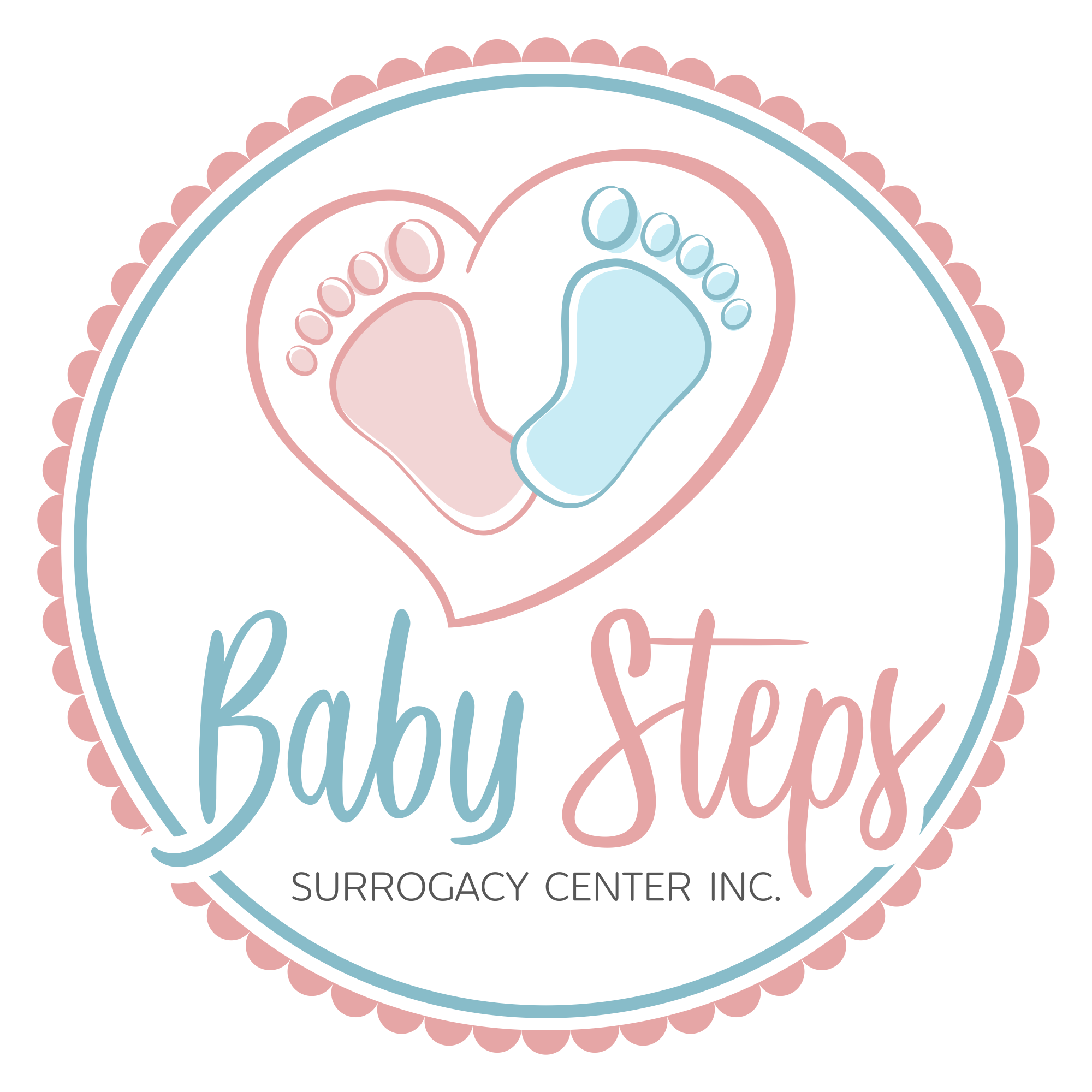Vermont Surrogacy Laws
There is no Vermont case law or any state statute that would prohibit intended parents from practicing traditional surrogacy in Vermont. Traditional surrogacy is not mentioned in the Vermont Parentage Act of 2018, but the act does specifically permit the practice of gestational surrogacy in Vermont.
Gestational carrier agreements are permitted in Vermont as long as certain requirements are met (15C V.S.A. § 802.). Vermont statute requires that the gestational carrier be at least twenty-one years old. The Vermont surrogate must have independent legal representation (15C V.S.A. § 801.). The Vermont gestational surrogacy agreement must be in writing, executed prior to any formal medical proceedings, and signed by all parties (15C V.S.A. § 802.).
Both gestational surrogacy and traditional surrogacy are permitted and practiced throughout Vermont cities like Burlington, Colchester, and Rutland.
Laws Concerning Parentage Orders in Vermont
Vermont allows for its courts to grant pre-birth parentage orders. If a gestational carrier agreement in Vermont satisfies the statutory requirements, the child conceived as a result of assisted reproduction is the legal child of the intended parents (15C V.S.A. § 803.).
Before or after the birth of a child conceived as the result of a gestational carrier agreement in Vermont, any party to the agreement may commence a proceeding in the Probate Division of the Superior Court to obtain an order declaring the intended parents as the legal parents and have their names placed on the child’s birth certificate (15C V.S.A. § 708, 804).
Egg and Sperm Donor Law in Vermont
Under statute, a sperm donor, egg donor, or embryo donor in Vermont is not the parent of a child conceived through assisted reproduction (15C V.S.A. § 702.). An exception to this rule is when a person provides sperm, eggs, or embryos to a spouse for the purposes of assisted reproduction, in which case the donor is then the legal parent of the resulting child conceived through assisted reproduction (Id. § 702).
Vermont Stepparent and Second-Parent Adoption Law
Vermont statute allows for a stepparent to adopt their spouse’s child as long as certain requirements are met. The spouse of the stepparent must have full physical custody of the child, and the child to be adopted must have lived in the same residence as the stepparent and their spouse for six months prior to the proceeding (15A V.S.A. § 4-101.).
In situations where the spouse of the stepparent has joint custody of the child to be adopted, the child must have primarily resided with the stepparent and spouse for twelve months prior to the proceeding (Id. § 4-101).
Fertility Clinics in Vermont
- Northeastern Reproductive Medicine, 802-655-8888
- UVM Medical Center Reproductive Medicine and Infertility Center, 802-847-1400
- Rutland Women’s Healthcare, 802-775-1901
Consult with Baby Steps Surrogacy Center, Inc.
Navigating Vermont’s surrogacy laws can be a challenge, to say the least. For help, contact the team of professionals at Baby Steps Surrogacy Center, Inc. Dial 412-281-9906 or reach us through the contact buttons at the top of this page.
